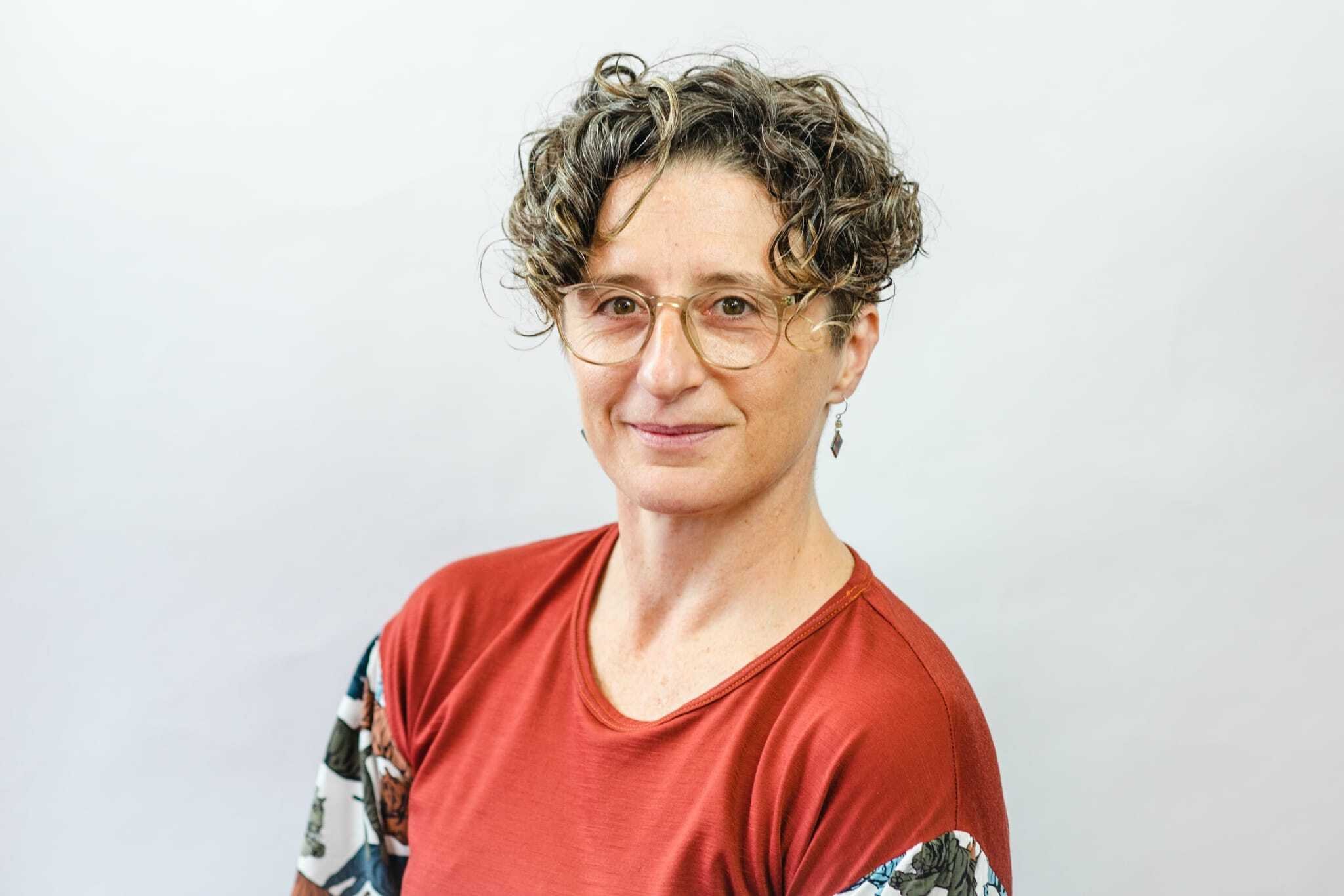Supporting Neurodiversity - Insights from Trisha Trainor
Recognising and nurturing neurodiversity is vital for harnessing the potential within every individual. Trisha Trainor is a Development Practice Manager at the Ministry of Education. Her journey as a people manager and a parent of neurodiverse children, provides rich insights into fostering environments that celebrate and support neurodiverse individuals. Her experiences show the path towards inclusivity, highlighting strategies that can be employed in both professional and personal realms to embrace the strengths of neurodiversity.
This is one of a series of Stories from the Field, resources and insights from tech industry professionals, shared to help employers of interns and grads shape and grow our industry.
Trisha Trainor
Understanding Neurodiversity
Neurodiversity is the idea that everyone's brains work a bit differently, and in reality these differences exist even in those that consider themselves to be normal. It's like how people come in all sorts of shapes and sizes, brains do too! This includes people with conditions like ADHD, autism, dyslexia, and others, who might think, learn, or process information in unique ways. The concept celebrates these differences as part of human diversity, rather than seeing them as deficits or problems to fix.
Creating Inclusive Environments
Trisha underlines the importance of acknowledging the unique strengths that neurodiverse individuals bring to our communities.
Trisha advocates for inclusivity, saying, "It's about shifting perspectives, challenging norms, and building communities where diversity of thought is not just accepted but celebrated."
Creating an inclusive environment requires more than just policies; it necessitates a cultural shift to value and leverage individual differences.
Practical strategies for supporting the neurodiverse
Clear Communication
Clear communication is key in minimising anxiety and allowing neurodiverse individuals to thrive. Trainor emphasises the significance of providing explicit instructions and setting defined expectations, which serve to reduce stress and enhance confidence among neurodiverse individuals. This approach facilitates a smoother integration into both educational settings and the workplace, enabling them to navigate tasks and responsibilities with greater ease.
"Clear, concise instructions and expectations are crucial. Ensure any interview process is clear and concise—you know, ensure the candidates know what they're coming into, who's going to be there," Trisha emphasises, highlighting the importance of transparency in reducing anxiety for neurodiverse individuals. This clarity, she suggests, should extend beyond interviews to all forms of communication within educational and professional settings, providing neurodiverse individuals with the structure and predictability they need to succeed.
Flexible Working Conditions
The acknowledgment that a one-size-fits-all approach is ineffective underscores the necessity for flexibility. "It's about recognizing that we're all different and that a standard approach doesn't work for everyone", Trisha notes. She highlights how personalised adjustments, such as varied work hours, remote working options and task modifications can significantly benefit individuals with neurodiverse conditions. This flexibility allows them to work in manners that best suit their unique strengths and needs, thus fostering an environment where they can excel and contribute most effectively.
Understanding and Patience
"Patience and a willingness to adapt practices and processes can go a long way in supporting their success," Trisha states, emphasising the critical role of empathy in fostering an inclusive environment. Trainor’s experiences remind us of the importance of taking the time to comprehend the unique challenges and strengths of neurodiverse individuals. "Understanding the unique challenges and strengths of neurodiverse individuals is essential," says Trisha. This understanding paves the way for a more empathetic approach, where adjustments and accommodations are made to support their success, rather than forcing conformity to standardised norms.
Structured Support Systems
Structured support systems, such as mentorship programmes, are crucial for providing guidance and fostering a sense of belonging. Trisha shares, "A reliable support system is vital. Finding them a buddy, kind of same as asking you to be that safe person to go to,". This acts as a means of offering a safe space for neurodiverse individuals to seek advice, share experiences, and navigate their personal and professional journeys. Such support not only aids in their development but also helps in building their confidence and sense of community.
Awareness and Education
"Awareness across the board is a crucial step... it's about increasing the awareness both for the family, the teachers and employers," Trisha advises, highlighting the necessity for widespread education on neurodiversity. Promoting awareness and education among peers and colleagues is essential for cultivating an environment of empathy and understanding. Trisha calls for ongoing learning initiatives that educate on the nuances of neurodiversity, challenging preconceived notions and biases. This will help dismantle the barriers, enabling a culture of inclusivity where neurodiverse individuals feel valued and understood.
Leveraging Strengths
"Focus on the strengths and interests of neurodiverse individuals," Trisha recommends, to bring unique perspectives and solutions to the fore. This strategy not only enriches creative processes but also ensures that neurodiverse individuals feel valued for their unique contributions, enhancing their confidence and engagement. Leveraging these distinct capabilities to enrich creative processes and problem-solving within teams. "Harnessing these unique perspectives can lead to innovative solutions and a more dynamic team," she says.Recognising and utilising the diverse talents of each individual not only enhances their confidence but also contributes to the vibrancy and dynamism of the team.
Feedback and Growth
Encouraging feedback and providing opportunities for personal and professional growth are pivotal. Trisha suggests, "It's not about throwing a personal development plan at them immediately...give them time to understand what a comfort level is." Offering constructive feedback and growth opportunities tailored to individual strengths and interests. "Feedback needs to be constructive and growth-oriented, tailored to each individual's needs and pace," Trisha advises. This approach not only acknowledges their achievements but also supports their developmental journey, aligning their growth with their aspirations and capabilities.
Trisha advocates for tailored learning approaches. "Each neurodiverse student may require different educational strategies. It's not one-size-fits-all; it's about what works best for each student," she explains. This tailored approach can significantly enhance learning outcomes for neurodiverse students.
Moving Forward
Trisha’s insights show a pathway towards embracing and supporting neurodiversity. As she aptly notes, "By embracing the unique strengths and perspectives that neurodiversity brings, we can foster environments where everyone has the opportunity to thrive, innovate, and contribute to their fullest potential." Her advocacy for flexibility, understanding, and leveraging strengths offers a blueprint for individuals and organisations alike to support neurodiversity.
Championing neurodiversity extends beyond policy implementation; it involves a shift in our thinking towards valuing and celebrating differences. Trisha’s insights highlight the journey towards a more inclusive society, one where neurodiversity is recognised as an integral part of the workplace. Through our collective efforts in understanding, supporting, and leveraging the unique capabilities of neurodiverse individuals, we can cultivate a world where the neurodiverse can belong.

